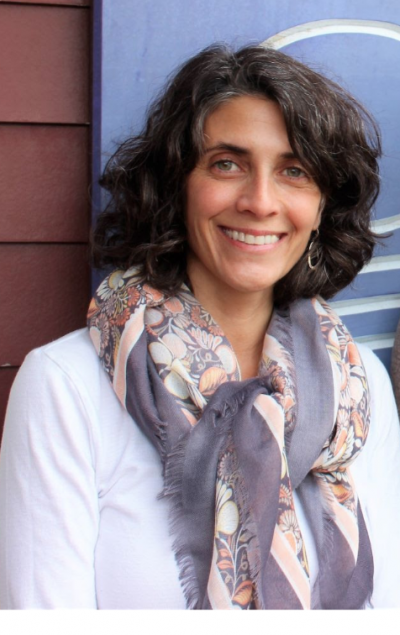Returning for the director’s office
MARION — For the Marion Institute, the New Year brought in both the new and the old as former employee, Liz Wiley, returned to the Institute as its new executive director. Wiley enters the Institute at what she describes as a transitional moment.
“The Marion Institute was going through a transition recently, last year was their 25th anniversary and they are looking at what the next 25 years are going to look like,” Wiley said, adding that in terms of her job search, “It worked out that they were going through this transition, I was going through a transition and we just reconnected.”
Her previous experience with the Marion Institute was serving as the program manager at Round the Bend Farm in South Dartmouth, which was at the time a program of the Marion Institute.
When Round the Bend became its own 501(c)(3) in 2015 Wiley stayed with the farm. She also worked as the Climate Resilience and Food Security Lead at Spherical Analytics in Cambridge.
Her work with Round the Bend will be useful as the Marion Institute focuses in more on health.
“Round the Bend Farm is doing amazing work, trying to work with one aspect of our health and welfare, which is working with our food and our nutrition. It’s looking at making sure that everyone has access to local nutritiously grown food. And that’s one of the best things we can do for our health, Wiley said.
The Marion Institute’s focus on holistic health also fits in well with how Wiley lives her life.
“The philosophy behind bio-regulatory medicine is part of my life, and has always been a part of my personal life and my work life in different ways, and so it just aligned.”
Wiley grew up in Somerset and has been living in Wareham for the last 15 years.
“I’ve worked extensively on the south coast and am really passionate about this community,” Wiley explained.
This local focus will also become useful with the Marion Institute’s focus on increasing access across the local community.
“We want that to become something that is open to all members of our community, not just people that can afford it, Wiley said. “Right now it’s not viewed as something that’s really paid for by medical insurance, and so how do we start to really turn the tide on that?”
















